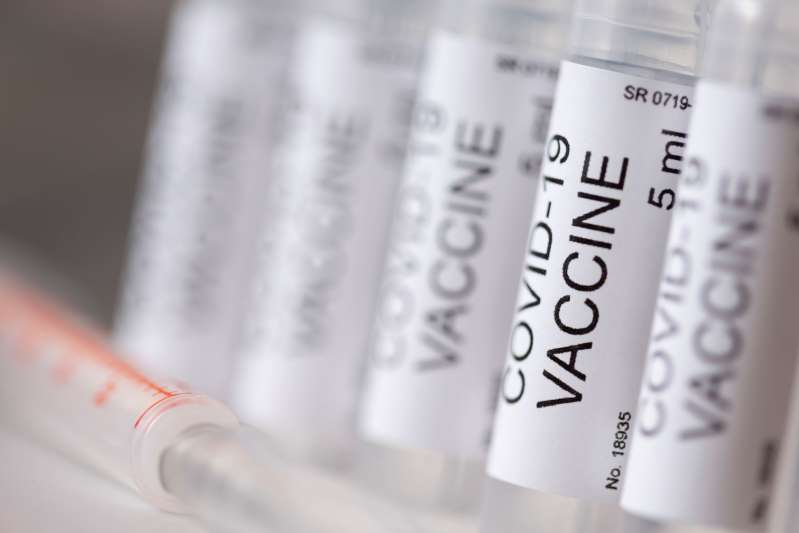
The World Health Organisation (WHO) says the agency is aware that a small fraction of people – around one person in every one million people vaccinated— may have severe allergic reaction to the COVID-19 vaccine, known as anaphylaxis.
WHO, in a statement posted on its website on Tuesday, stated that just like the way people react to other vaccines or drugs, they could also react to COVID-19 vaccine.
The organisation stated that “some people could react to the vaccine, especially those with history of anaphylaxis to one of the vaccine constituents which may have higher risk of reaction following COVID-19 vaccination.
“Similarly, if the person provides a history of anaphylaxis with a previous dose of the same vaccine, he or she should be advised not to take the vaccine.’’
The UN health agency made the clarification while reacting to a story published by The Observer Newspaper with the title: “Allergic Person Advised not to take COVID-19 vaccination”.
[ALSO READ] Southern Nigeria has no land for herdsmen — IPOB, MASSOB
According to the WHO statement, all vaccination sites should have a medical doctor or clinical officer with the necessary kit to address such reactions or any other adverse event following vaccination to manage allergy.
“WHO recommends that before the first dose, clients should inform the vaccinating team about any allergic reaction they may have had in the past.
“This is a precautionary measure. The healthcare providers will then assess the patient’s medical history to determine if he or she is at risk of severe allergic reaction to a COVID-19 vaccine.
“All immunisation providers are trained to recognise severe allergic reactions and are knowledgeable about the practical steps needed to treat them.
“We encourage all those who are vaccinated to remain at the vaccination site for 30 minutes for observation.’’
During the on-going COVID-19 rollout, WHO is working closely with the Ministry of Health to detect and immediately respond to any serious side effects that may occur within 30 minutes of vaccination and beyond the 30 minutes when the person goes home.
In addition, it stated that the same article reported that some European countries had suspended the rollout of the AstraZeneca vaccine based on reports of rare blood coagulation disorders in a few people.
“WHO is aware that as a precautionary measure, a few countries in the European Union have suspended the use of a specific batch as a precaution, while full investigation is undertaken.
[ALSO READ] Agribusiness firm hails Nigeria-Benin Republic over move to establish rice farms
“It is important to note that the European Medicines Agency’s Pharmacovigilance Risk Assessment Committee position is that the vaccine’s benefits continue to outweigh its risks.
“The committee says the vaccine can continue to be administered while investigation of cases of thromboembolic events is ongoing.”
“As soon as WHO gains full understanding of events surrounding the suspension of the AstraZeneca vaccine in those countries, the findings and any changes to current recommendations will be immediately communicated to the public,” it added.
The world body also noted that vaccinations against COVID-19 would not reduce other medical conditions or deaths from other causes.
It stated that “they will continue to occur, including after vaccination but they are not related to the vaccines.”
Meanwhile, around 14.5 million doses of the AstraZeneca COVID-19 vaccine produced by Serum Institute of India have been delivered to 23 African countries under the COVAX initiative as of March 12.
Nearly 600,000 doses of the COVAX-funded AstraZeneca vaccine had been administered. (NAN)
The post COVID-19 Vaccines: WHO admits small fraction of people may have severe allergic reaction appeared first on Vanguard News.
0 Commentaires